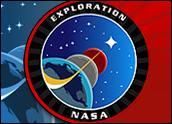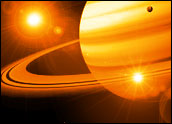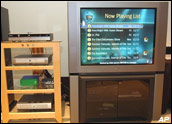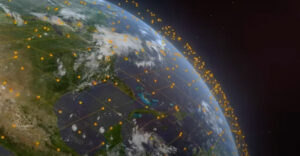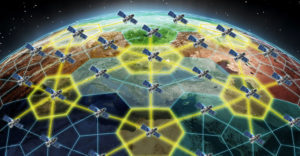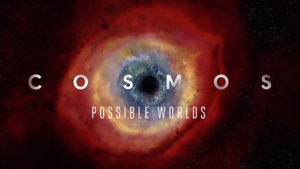
A new NASA land use agreement is bringing Google — and, ultimately, the general public — one step closer to outer space. Google announced a 40-year plan Thursday to build a massive research and development campus within NASA’s Ames Research Center.
Google will pay US$3.66 million a year for the 42.2 acre as-yet-undeveloped lot in Mountain View, Calif. Construction is slated to start by 2013 and go all the way through 2022.
Google’s deal with NASA marks a major turning point in the organizations’ unusual public and private sector partnership. The two organizations have been working together since 2005, when they first signed a research deal. It was the Space Act Agreement of 2006, though, that really spurred their collaboration.
“It’s a relatively new concept of partnering with public and private sectors,” Google spokesperson Andrew Pederson told TechNewsWorld. “Our relationship with NASA is emblematic of the way it can turn out positively for both sides.”
Google has several former NASA scientists on its staff, he explained, and forging a relationship with its Silicon Valley neighbor just made sense.
“It was a very natural collaboration. NASA has an interest in high-power computing and many other technical things,” Pederson said.
Planetary Context
Perhaps the most high-profile project of the partnership so far is Planetary Content. Google helped create systems for NASA scientists to publish space data online, leading to the addition of both the “NASA layer” in Google Earth and the high-resolution lunar images in Google Moon.
Some of those pictures actually come from data captured during the original Apollo Program — an indicator of Google’s goal to build easy-to-use interfaces for information that’s often hard to find.
“We’re trying to make more of NASA’s archival information and geospacial imagery available to the wider public,” noted Pederson.
That goal demonstrates the kind of value Google can bring to an agency like NASA — and, ultimately, the kind of impact it could have on space exploration for future generations.
“NASA is very good at collecting data, but it’s not necessarily always been the best at getting that information out in an exciting way,” said David Eicher, editor of Astronomy Magazine.
“Over the past 10 years, NASA has awakened to the fact that its existence in the future is dependent on making its results exciting and fun for the public. It needs the support and the funding in the future, and I think this is the perfect way for them to gain that,” Eicher said.
Global Connection
The organizations’ collaboration has led to another significant undertaking: Global Connection. The project builds technology to help recovery teams more effectively respond to large-scale disasters.
Google helped create aerial and satellite imaging tools to let emergency teams pinpoint areas in need of aid. The software lets them zoom in on high-resolution images to get a clear picture of damage and make a split-second decision on where they should deploy.
Global Connection was put to the test in the days following Hurricane Katrina, and it played a role in the responses to Hurricane Rita and the 2005 Pakistan earthquake disaster.
Home-Based Exploration
Google and NASA believe they’ve just touched the tip of the iceberg when it comes to the kinds of things they can accomplish together. Much of the future could focus on interactivity and putting more power in the average user’s hands.
“It’ll make the subject of space more broadly and more instantly accessible to every citizen,” Astronomy Magazine’s Eicher told TechNewsWorld.
“The average guy who’s interested in astronomy or space could go on and potentially discover comets or explore things. The volume is going to be astronomical, [and] a limited number of professional astronomers will not be able to handle it,” he observed.
“A lot can be done in the future between the two organizations,” Eicher predicted. “This is just a first little step.”






